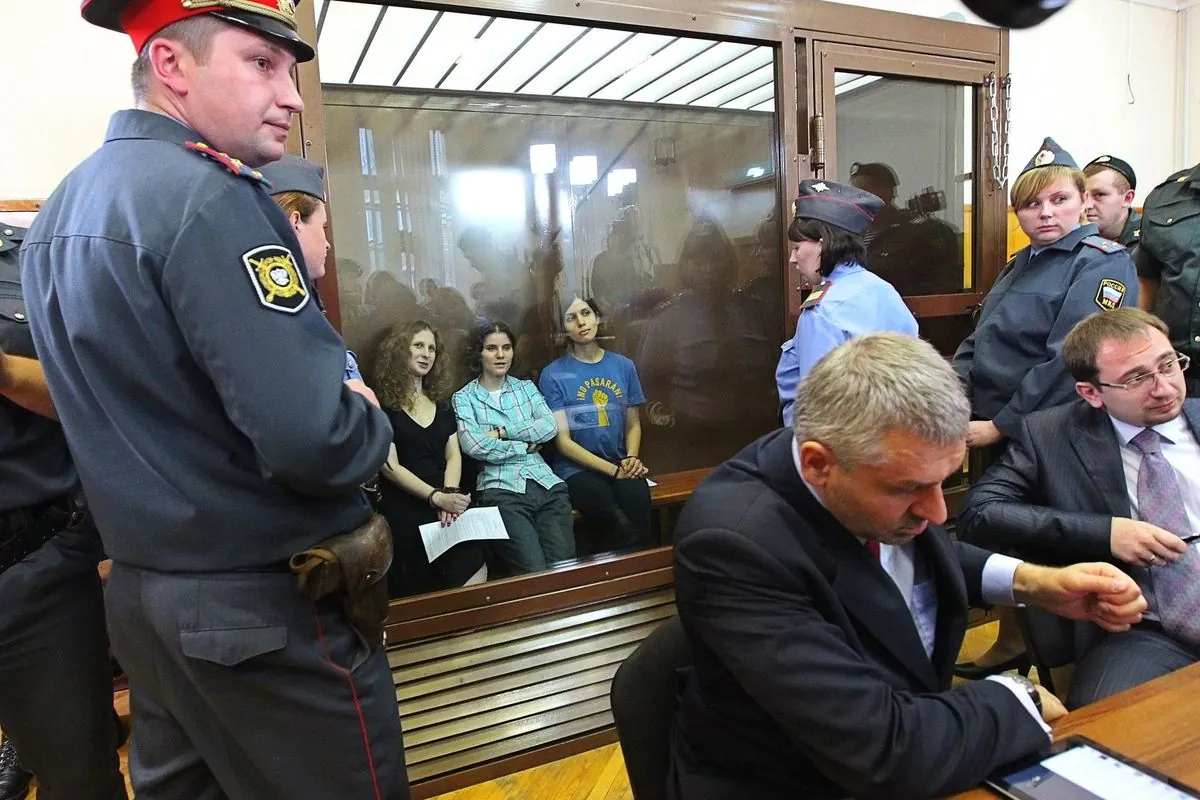Russian-American Sentenced to 12 Years for $50 Donation to Ukraine
A Russian court has sentenced Russian-American Ksenia Karelina to 12 years for treason over a small donation to Ukraine. The case highlights the risks of travel to Russia and the rise of hostage diplomacy.

In a recent development that underscores the heightened tensions between Russia and the West, a Russian court has sentenced Ksenia Karelina, a Russian-American dual citizen, to 12 years in prison for treason. The verdict was delivered in a closed trial at the Sverdlovsk Regional Court in Yekaterinburg, Russia's fourth-largest city and the administrative center of Sverdlovsk Oblast.
Karelina, a beautician residing in Los Angeles, was arrested by the Federal Security Service (FSB) during a family visit to Yekaterinburg in February 2024. The FSB, established in 1995 as the successor to the Soviet KGB, accused her of "providing financial assistance to a foreign state in activities directed against the security of our country."
The charges stemmed from a donation of approximately $50 to a Ukrainian humanitarian agency, discovered after investigators examined Karelina's phone. According to the FSB, the funds were allegedly used to purchase tactical medicine, equipment, weapons, and ammunition for the Ukrainian Armed Forces.
This sentencing comes just weeks after a significant prisoner exchange between Russia and the West, which saw the release of several high-profile detainees, including Wall Street Journal reporter Evan Gershkovich and Russian opposition figure Vladimir Kara-Murza. The exchange, involving 16 Western prisoners and 10 Russian agents, hackers, and a convicted assassin, was the largest since the Cold War.

The case has reignited concerns about the risks faced by dual citizens and foreign nationals traveling to Russia. U.S. officials have warned of a sharp increase in "hostage diplomacy," a practice where countries detain foreign citizens for political leverage or use in prisoner exchanges. This tactic has been criticized by human rights organizations for its lack of transparency and violation of due process.
"We strongly advise U.S. citizens to reconsider travel to Russia due to the unpredictable security situation and the potential for harassment and wrongful detentions of U.S. citizens."
The sentencing of Karelina follows a pattern of similar cases involving American citizens in Russia. In December 2022, WNBA star Brittney Griner was exchanged for Russian arms dealer Victor Bout after being convicted of drug smuggling. More recently, U.S. schoolteacher Marc Fogel received a 14-year sentence on drug charges, while former U.S. soldier Gordon Black was jailed for nearly four years for theft and threats against his Russian girlfriend.
The frequency of these detentions has led to increased scrutiny of Russia's legal system and its treatment of foreign nationals. The use of closed trials, such as in Karelina's case, has been particularly criticized for its lack of transparency and potential for abuse.
As tensions between Russia and the West continue to escalate, the prospects for future large-scale prisoner exchanges remain uncertain. However, U.S. President Joe Biden has pledged to seek the release of Americans currently held in Russia, highlighting the ongoing diplomatic challenges in addressing these cases.
The situation serves as a stark reminder of the complexities of international travel and the potential consequences of even minor actions in the current geopolitical climate. As the world watches, the fate of Ksenia Karelina and other detained Americans in Russia remains a pressing concern for both families and policymakers alike.


































